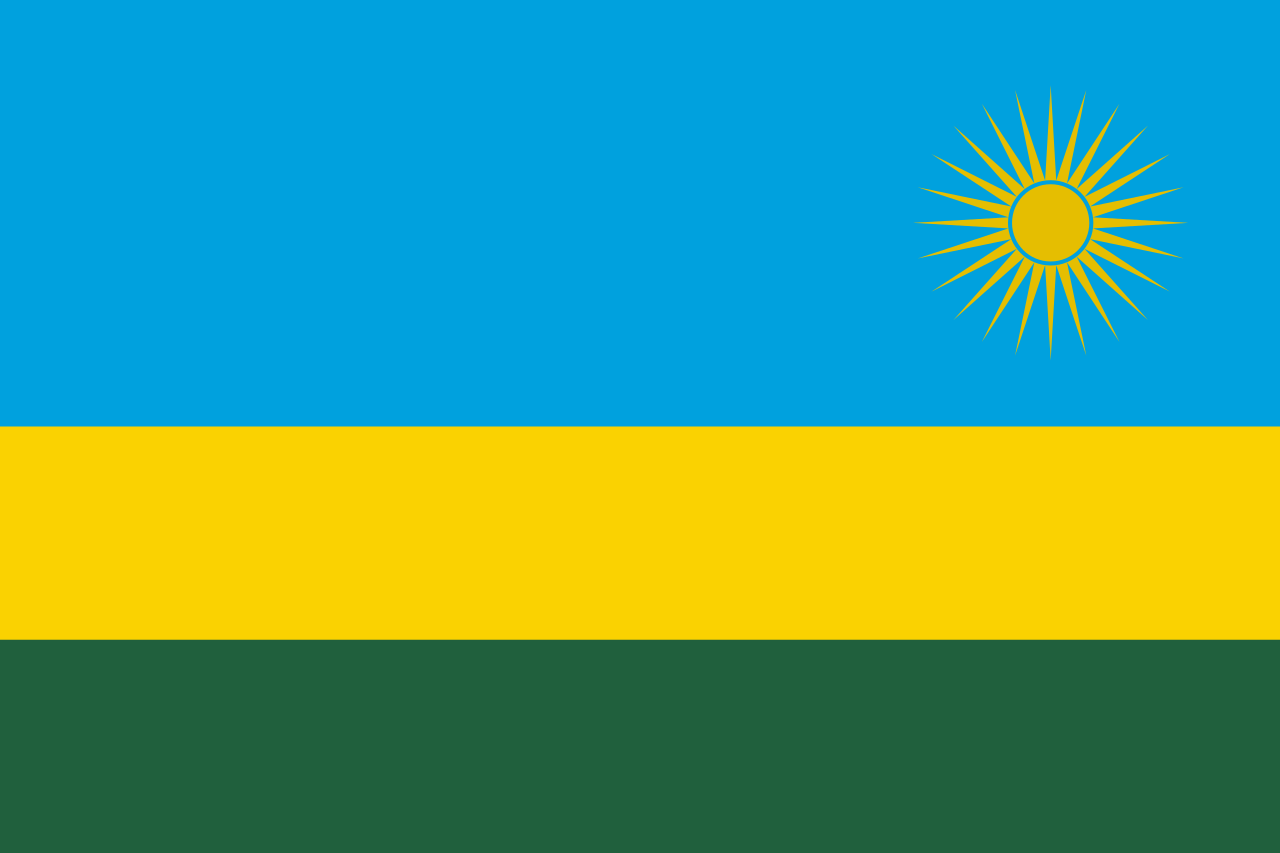Liverpool has made history by choosing the UK’s first directly elected black female mayor and the first woman to lead the city. The election of Joanne Anderson was one of the few good news stories for Labour on Friday. Anderson, 50, beat Stephen Yip, an independent, while the Conservative candidate, Katie Burgess, lost her deposit. Anderson won 59% of the total votes (46,493 to Yip’s 32,079), although the race went to second preferences for the first time in its history.
In her victory speech, the 6ft-tall leftwing socialist apologised to the people of the city for the political scandal that had erupted last December when the former mayor, Joe Anderson (no relation), was arrested over corruption claims, leading to a damning emergency inspection of the council. He has denied any wrongdoing, but stood aside from the mayoral race.
Joanne Anderson promised to put the city on “a restorative path” and said she wanted Liverpool to have “the best accountability and transparency structures in the country”. Describing herself as “scouse and proud”, she said she was honoured to be the first black woman in the role. “Liverpool has always been a city of firsts – one that does things differently and that charters its own path. Today, we made history”.
When she was chosen as Labour’s candidate, Anderson spoke of growing up in Thatcher’s Britain in the 80s, feeling as though she was “the bottom of the pile” and “wouldn’t amount to much” and has promised to make politics more inclusive. Her historic appointment may be short-lived, however, as she has has said she would campaign to scrap the mayoralty.

A referendum will be held in 2023 on the continuation of the role.
Anderson, who served as a councillor for two years, has said she was reluctant to get into politics. Describing her decision to put herself forward last month, she said: “It hasn’t been a lifelong ambition, but I could see our city was in peril”. However, she did grow up in a political environment, raised by a “fiesty” single mother who, she said, once locked some political figures in a cupboard “for not doing as they were told”.
Anderson, who has one son, says she will make violence against women and girls a personal priority. She prides herself on her forthright manner, and speaks openly about having been declared bankrupt twice, in 2003 and 2019. She believes many Liverpudlians will identify with her situation, particularly after the pandemic: “It’s actually quite hard to live without getting into debt”.
She worked as a freelance equality and diversity consultant, including for the CPS for 10 years, at a time when Keir Starmer was director of public prosecution.
Simon Woolley, the founder and director of Operation Black Vote, described her victory as “a truly historic win on so many levels”, pointing to the significance of Liverpool, once a major slave port, being run by a black woman.
Yip, her opponent, is founder of the children’s charity Kind and stood on a platform of reforming the local authority, including a big reduction in the number of councillors. By Maya Wolfe-Robinson, Guardian/Yahoo News








